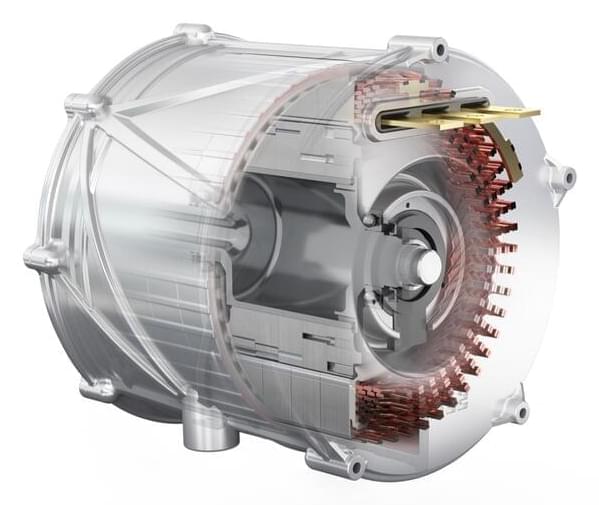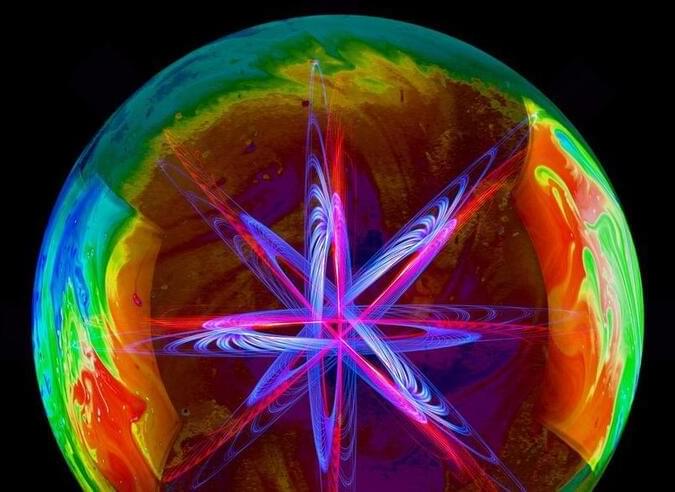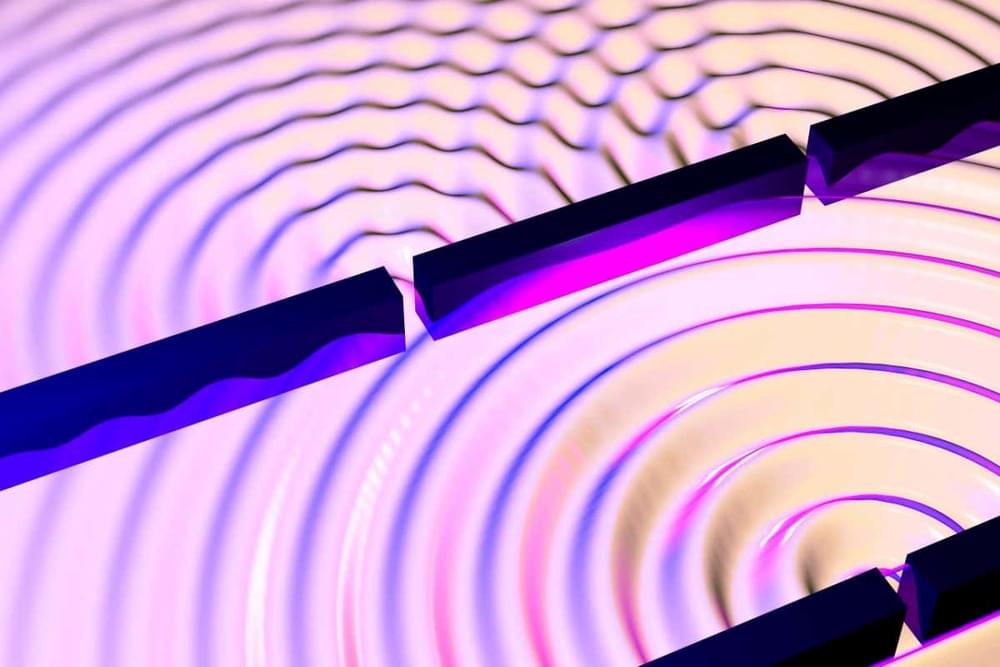Mahle claims the motor can run continuously at 90% of its max output, with durability assured by a new integrated oil-cooling technique.



The Sun is expected to explode any day now.
Solar researchers have their eye on a massive sunspot dubbed AR3055, which measures more than 6,100 miles wide. These regions, which appear as dark moles on the surface of the Sun, are concentrations of relatively cooler temperatures caused by a magnetic flux.
“There is an incredible-looking sunspot crossing the center of the solar disk and a new large dark core has just appeared on the limb,” astronomer Apollo Lasky said in a Monday statement published on SpaceWeather.com.

The Neuro-Network.
𝐃𝐮𝐫𝐢𝐧𝐠 𝐬𝐥𝐞𝐞𝐩 𝐭𝐡𝐞 𝐛𝐫𝐚𝐢𝐧’𝐬 𝐫𝐞𝐚𝐜𝐭𝐢𝐨𝐧 𝐭𝐨 𝐬𝐨𝐮𝐧𝐝 𝐫𝐞𝐦𝐚𝐢𝐧𝐬 𝐬𝐭𝐫𝐨𝐧𝐠 𝐛𝐮𝐭 𝐨𝐧𝐞 𝐜𝐫𝐢𝐭𝐢𝐜𝐚𝐥 𝐟𝐞𝐚𝐭𝐮𝐫𝐞 𝐨𝐟 𝐜𝐨𝐧𝐬𝐜𝐢𝐨𝐮𝐬 𝐚𝐭𝐭𝐞𝐧𝐭𝐢𝐨𝐧 𝐝𝐢𝐬𝐚𝐩𝐩𝐞𝐚𝐫𝐬
𝘼 𝙣𝙚𝙬 𝙙𝙞𝙨𝙘𝙤𝙫𝙚𝙧𝙮 𝙛𝙧𝙤𝙢 𝙏𝙚𝙡 𝘼𝙫𝙞𝙫 𝙐𝙣𝙞𝙫𝙚𝙧𝙨𝙞𝙩𝙮 𝙢𝙖… See more.
A new discovery from Tel Aviv University may provide a key to a great scientific enigma: How does the awake brain transform sensory input into a conscious experience? The groundbreaking study relied on data collected from electrodes implanted, for medical purposes, deep in the human brain. The information was utilized to examine differences between the response of the cerebral cortex to sounds in sleep vs. wakefulness, at a resolution of single neurons.



The sterile neutrino, if it truly exists, only answers to gravity.
Physicists are spelunking the complex findings from an experimental particle reactor found a mile below the surface in the mountains of Russia. What they found has the potential to send an earthquake through the bedrock of the standard model of physics itself: the results could confirm a new elementary particle, called a “sterile neutrino,” or demonstrate a need to revise a portion of the standard model.
The research comes from New Mexico’s Los Alamos National Laboratory in collaboration with the Baksan Neutrino Observatory near the Georgia border in far southwestern Russia. The scientists outlined their findings in two new papers published last month in the journals Physical Review Letters and Physical Review C.
To understand the team’s findings, we need to talk about neutrinos, the most common and least massive of the massive particles (the particles that have any mass at all). They were first theorized decades ago and only interact through gravity and the “weak force” of the standard model of physics, which means that, like dark matter, neutrinos can just pass through us and our planet and space however they want; they interact with almost nothing. Over the decades, scientists have developed ways to measure neutrinos by tracing their effect on what’s around them.
Visit our sponsor, Brilliant: https://brilliant.org/IsaacArthur/
Antimatter represents both the most powerful weapon and most powerful fuel for a future humanity, if we can ever learn to make it efficiently and store it safely.
Visit our Website: http://www.isaacarthur.net.
Support us on Patreon: https://www.patreon.com/IsaacArthur.
SFIA Merchandise available: https://www.signil.com/sfia/
Social Media:
Facebook Group: https://www.facebook.com/groups/1583992725237264/
Reddit: https://www.reddit.com/r/IsaacArthur/
Twitter: https://twitter.com/Isaac_A_Arthur on Twitter and RT our future content.
SFIA Discord Server: https://discord.gg/53GAShE
Listen or Download the audio of this episode from Soundcloud: Episode’s Audio-only version: https://soundcloud.com/isaac-arthur-148927746/antimatter-factories-and-uses.
Episode’s Narration-only version: https://soundcloud.com/isaac-arthur-148927746/antimatter-fac…ation-only.
Credits:
Antimatter Factories & Uses.
Episode 239; May 21, 2020
Writers.


The cancer vaccine project is the latest indication of Amazon’s growing interest in the healthcare sector.
Distinct neuron types in the auditory organ are necessary for encoding different features of sound and relaying them to the brain. Researchers at Karolinska Institutet provide evidence of an early, neuronal activity-independent, emergence of the different subtypes of auditory neurons, prior to birth in mice. The findings have recently been published in Nature Communications.
Distinct neuron types in the auditory organ are necessary for encoding different features of sound and relaying them to the brain. Researchers at Karolinska Institutet provide evidence of an early, neuronal activity-independent, emergence of the different subtypes of auditory neurons, prior to birth in mice. The findings have recently been published in Nature Communications.
Previous studies have provided ambiguous results on whether the different subtypes of auditory neurons emerge during prenatal or postnatal development, with in the latter case, a possible role of neuronal activity in generating their diversity. In this new study, researchers demonstrate that the fate of auditory neuron subtypes is under genetic control in the prenatal period, and reveal the complex molecular networks controlling their genesis.